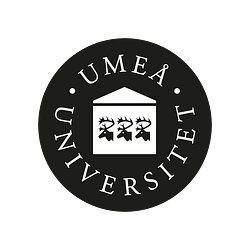Press release -
Government aims to increase international student scholarship funding
The Swedish government has allotted an additional 20 million kronor ($2.9 million) in scholarship funding to help offset tuition fees charged to students from developing countries who want to study at Swedish universities.
"The quality of our university programmes increase when successful international students participate," education minister Jan Björklund said in a statement. "Scholarships are a way to attract talented students."
Starting with the 2011-2012 academic year, students from outside of the European Union (EU) and European Economic Area (EEA) can no longer study for free at Swedish universities.
To help offset the costs for talented students as well as those from developing countries, the government also created scholarships totaling 90 million kronor.
Currently, two thirds of the funds originally set aside for scholarships are disbursed through individual universities.
The remaining 30 million kronor are managed by the Swedish Institute as part of a general scholarship fund for students from countries listed by the Organisation for Economic Co-operation and Development as countries in need of foreign aid.
But according to the government's new spending proposal, the general scholarship fund for students from developing countries would rise to 50 million kronor starting autumn 2012, a funding increase of 60 percent.
This year, 697 applications reached the Swedish Institute, with Bangladesh, Ethiopia and Uganda representing 465 of them. Of the 105 granted applications, only 33 were from women, according to statistics from SI.
“Through more scholarships we contribute to the increase of the capacity to face economical, political and social challenges in these countries,” Minister for International Development Cooperation, Gunilla Carlsson said in a statement.
Source: thelocal.se
